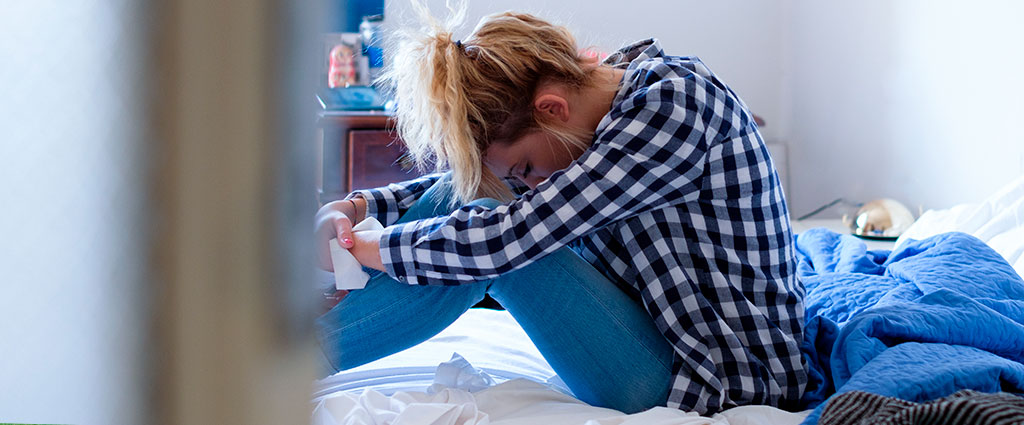
Depression
Children experiencing depression feel sad and down most of the day nearly every day. They might also be irritable or lose interest in doing activities that they used to enjoy. These symptoms are a change from how they usually feel and behave, must be present for at least two consecutive weeks, and are serious enough to be upsetting and/or make it hard for kids to do the things they need and want to do. A diagnosis of major depression requires the presence depressed and/or irritable mood along with somatic symptoms (e.g., sleep and appetite difficulties, changes in interests and activity levels, reduction in their self-esteem and concentration).
Treatment
The treatment for depression should begin with psychotherapy. Behavioral activation is a treatment that helps children and their families increase the positive experiences in a child’s life to gradually improve their mood. Psychotherapy can also involve learning to recognize and replace patterns of thinking that lead to more depression. Medication management should be considered when a child is struggling to remain safe or is consistently unable to meaningfully engage in daily expectations. Additionally, medication can be a second line treatment if a child meets criteria for less impairing elements of major depression and has not responded to psychotherapy.
This program helps families engage in behavioral activation, but selecting from a library of activities designed to improve mood over time.
Module 1
Behavioral Activation
Module 2
Thinking Patterns